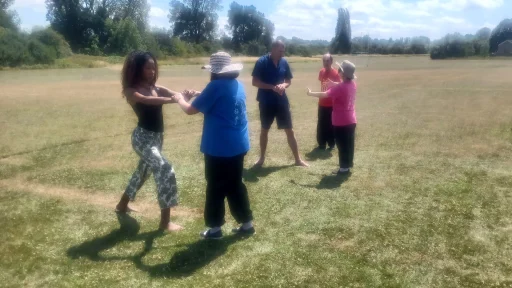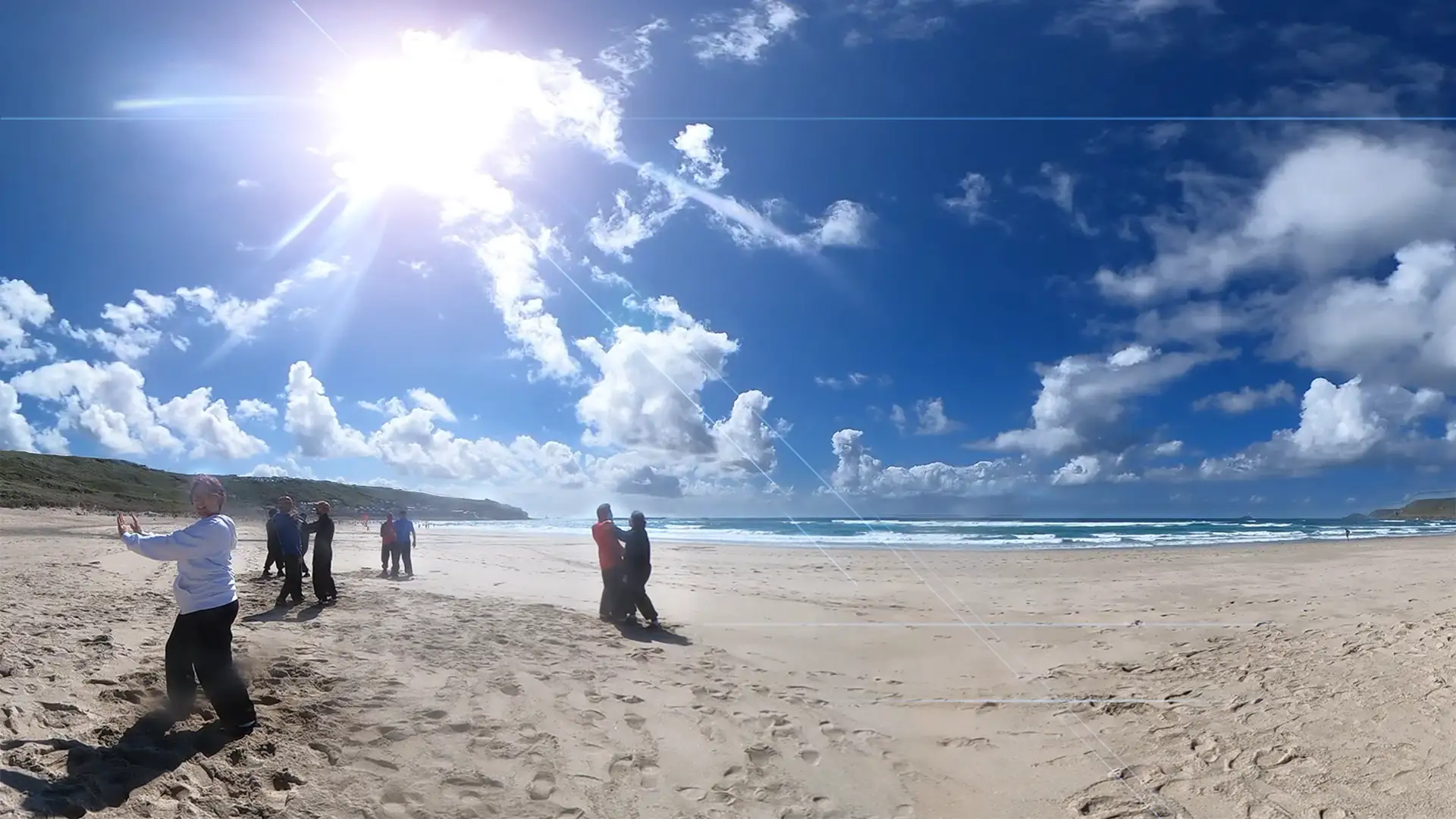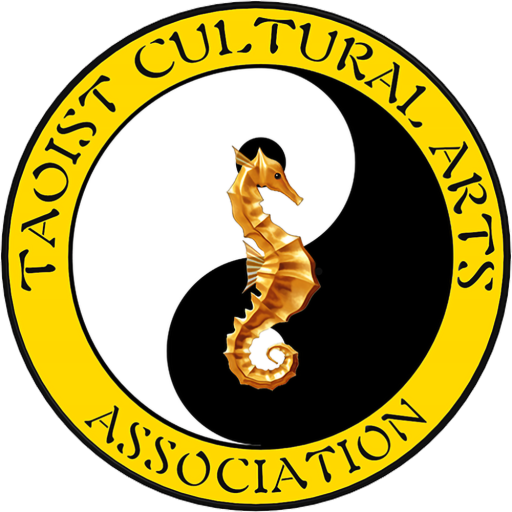-

Summer Course 2025 in Cornwall
This year our Summer Course will be hosted by the Penryn club in Falmouth, Cornwall. It is a picturesque location…
-

Daily Tai Chi
Have a go at our daily training Youtube Playlists. We have Beginners level I and II video playlists and a…
-

Leamington T’ai Chi and T’ai Chi Weapons July Weekend Course
Saturday 12th July Tai Chi 11.30 a.m to 4 p.m Sunday 13th July Tai Chi Weapons 11 a.m to 4…
-

Relieving anxiety
In Western medicine, anxiety is understood as a mental health disorder characterized by a consistent state of apprehension, persistent…
-

Chang Ming means longevity
Embracing Chang Ming: A Journey Towards Health, Longevity, and Sustainability Introduction In the face of modern health challenges and environmental…
-

Finding Balance in a Fast-Paced World
Tai Chi, a graceful and fluid practice originating from ancient China, has captivated people across the world for centuries. Often…
-

Easter Course in Falmouth
A week of Tai Chi in the vibrant seaside town of Falmouth in Cornwall Monday 14th & Tuesday 15th 12:30…
-

Birmingham Weekend Course
T’ai Chi Saturday in the Church March 22nd T’ai Chi Weapons Sunday in the Hall March 23rd 11 a.m to…
-

Tai Chi and Tai Chi Weapons weekend course
The Leamington Spa club is one of our longest-running clubs and was inaugurated by Chee Soo in 1980. Weekend course…
-

Chinese New Year T’ai Chi and Kung Fu Weekend Course
We welcome you to our Weekend of Taoist Arts Saturday 25th January T’ai Chi from 11 a.m till 4 p.m…
-

The Slow Movement
Yes, believe it or not, slowness is a movement, in fact, it’s an institution. The Philosophy of Slow Movement in…
-

Analysis paralysis
In today’s fast-paced professional world, the ability to make timely and effective decisions is paramount. Yet, many professionals find themselves…
-

Tai Chi and pain relief
Before we explore how Tai Chi can ease pain, let’s first understand what Tai Chi is. Tai Chi, also known…
-

What is Yang?
The cultural annals of China stand testament to an intricate interweaving of wisdom and philosophy. Amongst this vast body of…
-

What is Yin?
What is the essence of Yin? In the vast tapestry of Chinese philosophy and medicine, few concepts are as integral…
-

What is the Tao?
What is the Tao? A Deep Dive into Yin, Yang, and Tai Chi Introduction to Tao Tao, a word often…

